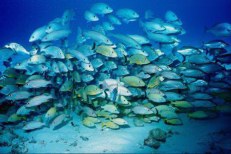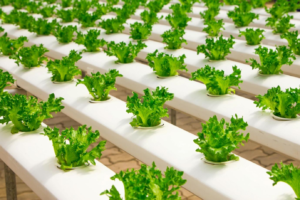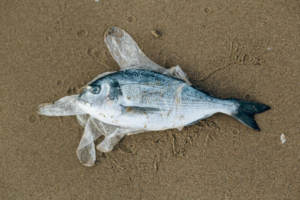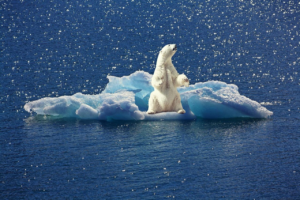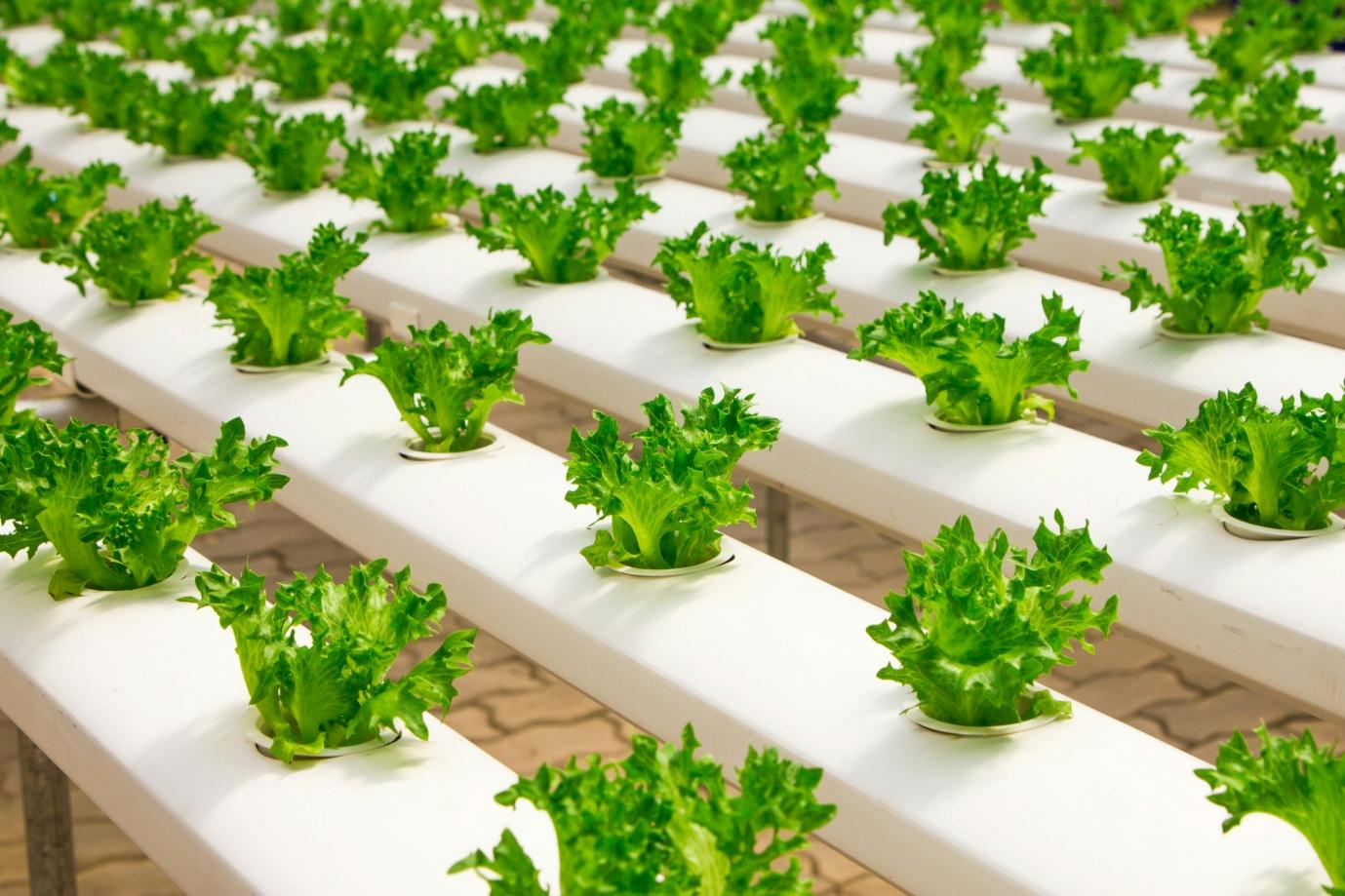Ocean Acidification Bad for Shells and Reefs
 Rising levels of atmospheric carbon due to fossil fuel emissions have made seawater more acidic. Now, two new studies show that increasing acidification could wreak havoc on marine organisms that build their shells and skeletons from calcium carbonate. Since these creatures provide essential food and habitat for other ocean dwellers, the effects could ripple disastrously throughout the ocean, the researchers warn.
Rising levels of atmospheric carbon due to fossil fuel emissions have made seawater more acidic. Now, two new studies show that increasing acidification could wreak havoc on marine organisms that build their shells and skeletons from calcium carbonate. Since these creatures provide essential food and habitat for other ocean dwellers, the effects could ripple disastrously throughout the ocean, the researchers warn.
Greenhouse gasses such as carbon dioxide are changing the oceans in many ways, such as warming the water. Marine creatures could get another shock as the ocean absorbs ever-greater quantities of the gas–expected to rise two to three times over pre-industrial levels during the next 50 to 100 years. This will create more acidic conditions in the sea that diminish the concentration of carbonate needed for shell and skeleton building.
To study the potential impact, a team of 27 marine chemists and biologists combined the latest measurements on ocean carbon with 13 global carbon models. The models project that polar waters will begin dissolving shells and other calcified materials when atmospheric CO2 reaches 600 parts per million, which could occur within several decades. Experiments with live pteropods–swimming snails consumed by fish and whales–exposed to sea water of the pH predicted for year 2100 showed that the creatures’ shells began to dissolve after two days. “Unlike climate predictions, the uncertainties here are small,” says lead author James Orr, of the French Laboratoire des Sciences du Climat et de l’Environnement, whose team reports its results 29 September in Nature.
The projected ocean acidification also may take a heavy toll on tropical reef-building corals. Oceanographers Chris Langdon of the University of Miami and Marlin Atkinson of the University of Hawaii, Manoa, placed groups of two coral species, Porites compressa and Montipora verucosa, in a flume and measured baseline rates of two processes that must occur in balance for coral survival: the uptake of carbonate for skeleton building, and photosynthesis by the corals’ symbiotic algae, which supports tissue growth. When the researchers bathed the corals in seawater with a doubled concentration of CO2, skeletal growth plummeted by half, while algal photosynthesis shot up 65%, they report in the current issue of the Journal of Geophysical Research. Unchecked, such an imbalance would severely hamper reef building, Atkinson says. “The fascinating thing is that the conclusions of both papers are so similar for different latitudes, scales, systems, and organisms,” says ecologist Donald Potts of the University of California, Santa Cruz. He cautions, though, that real-world conditions are enormously more complex than those in the experiments. Nonetheless, he says the papers deliver “a coherent and urgent message” that the addition of human-caused CO2 to the ocean may cause “potentially vast changes to ocean food chains and patterns of productivity.”
–NOREEN PARKS

